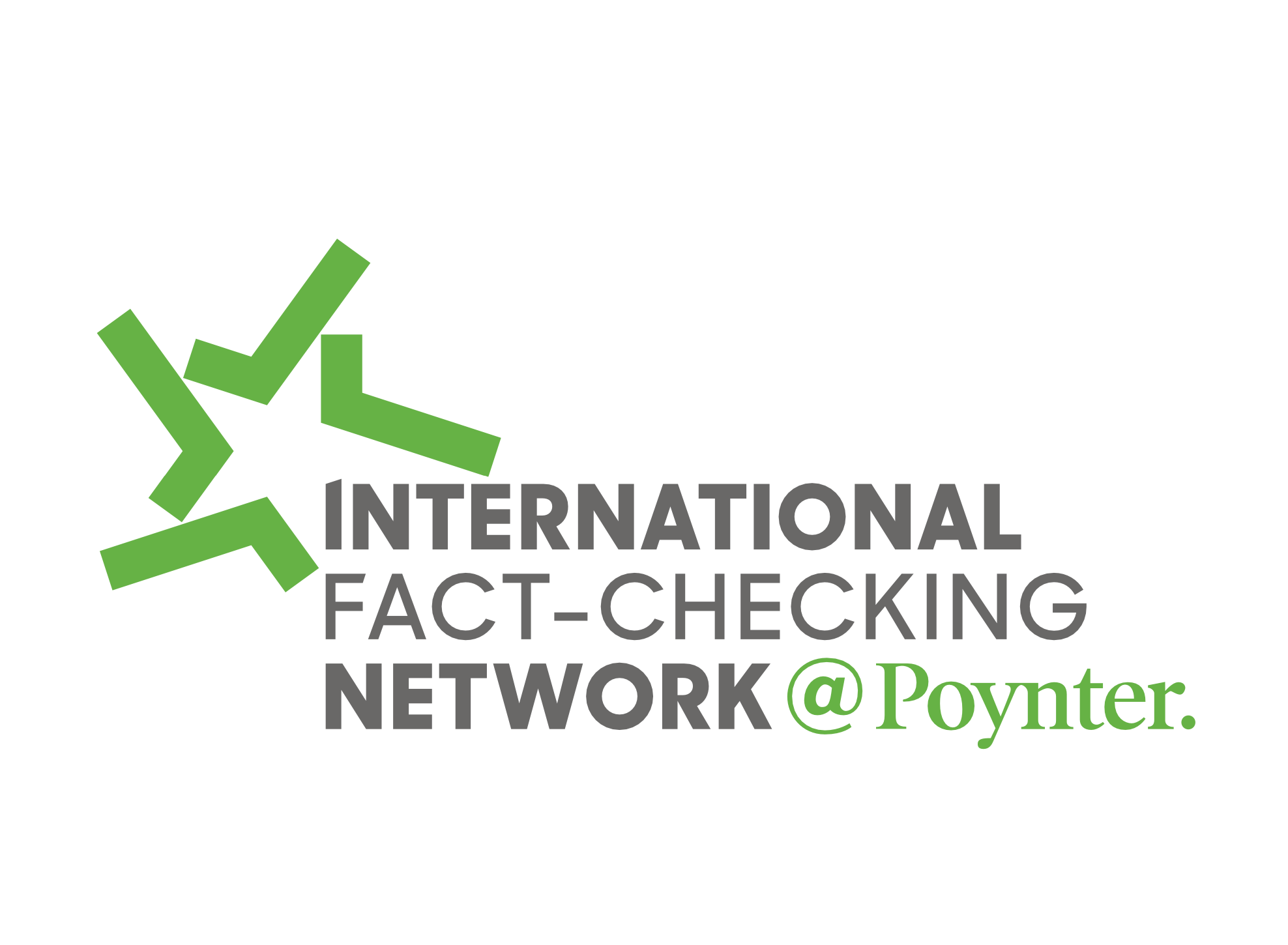The question was one I’d expected to be asked. What surprised me was my answer.
What were some of my strongest memories of studying journalism at Humboldt State University? That’s what the student journalist from my alma mater wanted to know.
I wanted my answer to talk about all the friends I’d made and how I’d learned at this small state school that I had a passion for journalism. Instead, the image that marched uninvited into my mind was one of angry students storming the offices of the student newspaper furious with a decision I had made.
It would be my first — but certainly not my last — lesson of the power of words.
Impact.
It’s what you can’t learn in a classroom. And if you work at a community newspaper, it’s what you’ve likely already experienced in both positive and negative ways.
The article that created a weeklong series of protests had been published, by me, without much thought. A student had brought in a column challenging the notion of a society consumed with political correctness. The column questioned the need for events like Black History Month and suggested that history was being revised by people too cowardly to stand up to the pressures of activists.
As the opinion editor of the student newspaper, I looked the article over, talked with the editor-in-chief and concluded that the piece was insulting, mean-spirited, and poorly written. I published it, in the middle of Black History Month, no less, because … well, I’d ask myself why I ran it many times in the weeks to follow.
I’m pretty sure that I told myself I ran it because it was the job of the press to publish thoughts and opinions — even ones that were distasteful and contrary to my own ideals. To be honest, I think I just mostly wanted to see if anyone was paying attention.
They were.
Student groups marched outside the newspaper offices. Bands that played on campus that week burned copies of the newspaper to the cheers of the crowd. And for weeks to come, the student newspaper, The Lumberjack, ran pages and pages of letters challenging the article and the decision to publish it. There was not one letter of support.
The next week, the staff of the newspaper got together in a silent room to ponder what to do next. The assault felt personal, and I wrestled with a mixture of anger and guilt.
Of course, there was nothing really to do. It was already done.
More than a dozen years later, I’ve come to learn the impact journalism can have on a community is a lesson best learned at a community newspaper.
Whether your community is a college campus, a small town with one traffic light, or a neighborhood in one of the nation’s most populated and diverse cities, if you’re connecting with your readers then you’re already aware of the power your words can have in both constructive and destructive ways.
Unlike larger newspapers with security guards at the front desks and offices sometimes far outside the communities they cover, community journalists are accountable to their readers because they live and work alongside them. So, when we mess up, we can expect to hear about it. At the grocery store. At the soccer meeting. Sometimes, at the front door of our homes.
The irony is that we’ll even hear about it when we think we’ve done a good thing.
When Betty Gray, a reporter at a small daily newspaper on the coast of rural North Carolina, told her readers that their water was polluted with cancer-causing chemicals, she did so because she wanted to protect them. And when she told them that city leaders had known about the pollutants for many years and done nothing, she may have expected someone to applaud her work.
In the spring of 1990, the judges of the Pulitzer Prize applauded Gray with a Pulitzer Gold Medal for Meritorious Public Service. In her own community, though, they didn’t hand out any certificates. Instead, Gray was given a mostly hostile reception by people upset that she had caused such an uproar in the community.
And that seems to be the balance for us all. On the one hand, we must be accountable and wrestle daily with the understanding of the power our words can have. It’s important we never forget that.
At the same time, Gray’s story teaches us that we must also be willing to stand alone when we know the words we write will enrage.
And ultimately, right or wrong, the decisions we make are ones that will remain with us for a lifetime.
John Hatcher, jhatcher@syr.edu, is a doctoral student and journalism teacher at Syracuse University. He also serves as an education consultant for the Center for Community Journalism at SUNY Oswego, and in the summer months visits newsrooms where he works with reporters and editors striving for excellence in their profession.





